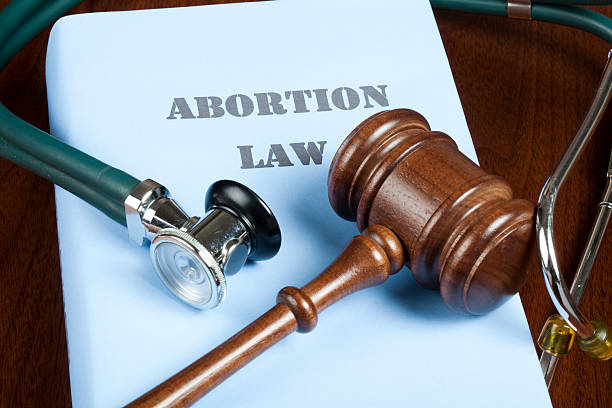Table of Contents
ToggleWhat Are Reproductive Health Rights?
Reproductive health rights refers to the ability of individuals to make informed decisions about their sexual and reproductive health without discrimination. This guarantees that everyone has the freedom to:-
- Access effective contraception methods.
- Access to comprehensive sexual education.
- Access to suitable menstrual hygiene products.
- Access safe legal abortion procedures.
- Access to maternal and perinatal health services.
Key Point
The South African Constitution stands as a progressive legal framework that guarantees all women the fundamental right to make informed decisions concerning their sexual and reproductive health. Hence the term ‘My Body, My Choice”
Why Are Sexual and Reproductive Health Rights in South Africa Still a Paradox?
Many South African women are not fully aware of their sexual and reproductive health rights, sometimes because of what the society and judgment that woman face when it comes to wanting what they need.
For those who are aware of their sexual and reproductive rights, Cheers! And those who aren’t aware, this is the latest article on the web about reproductive health rights in South Africa.
Your Rights Regarding Access to Safe Abortion!

South Africa is globally recognized for its reproductive health laws, including the Choice on Termination of Pregnancy Act (1996),which grants women the right to access safe and legal abortion services under these 2 circumstances:
Up to 12 weeks of pregnancy:- Any women in South Africa has the legal right to request an abortion. The common procedure used at this early stages is typically known as a medical abortion. It involves using specific medications, most commonly mifepristone and misoprostol, to safely terminate the pregnancy without performing any kind of surgery.
From 13 to 20 weeks:- Access to a surgical termination of pregnancy is allowed if the continuation of the pregnancy is likely to cause serious risk for the physical and mental health of the woman or there are likely to be abnormities during birth of the child.
How does Carlton Women’s Clinic Support Women’s Reproductive Rights?
Our Mission as a reputable women’s clinic in South Africa, is to ensure that access to all women’s services are accessible throughout South Africa. Women in rural areas are also able to consult online via our Tele-medicine platform and access the care they need without any form of stigma, misinformation or judgment.
1 ** Comprehensive Care** From contraception to post-abortion support, we provide a range of women’s health services to meet every woman’s needs at any stage in her life.
2 ** Legal Compliance ** Our medical practices strictly comply with South African laws, ensuring safe and ethical care for all patients who contact our clinic for help.
Education and Awareness: We educate women by providing them knowledge through awareness-raising articles, thus empowering them to make informed judgments about their sexual health health.
Conclusion
Understanding your reproductive health rights is the beginning to caring for your own health. But you need to make the effort and assert the care you deserve. If you or a friend requires confidential advice or support, contact carlton women’s clinic we shall gladly assist. Our services include:-
- Safe and legal abortion procedures.
- Reducing unwanted pregnancies through effective contraception methods.
- Helping people detect and manage HIV & sexually transmitted infections.
By working together, we can ensure that every woman’s rights in South Africa are upheld and respected.
Frequently Asked Questions
Sharing is Caring
Yes. Minors minors in South Africa have the right to access abortion services without any judgement or discrimination. You may confidential consult online via our Tele-abortion platform to determine if you qualify for a same-day abortion procedure.
Yes, healthcare providers must maintain patient confidentiality at all times when providing sexual and reproductive health services, including contraception, STI treatment, and abortion services.
Sexual and reproductive violations might include:-
- Denial to services that you require.
- Poor quality services.
- Early marriages.
- female genital mutilation.
- Forced sterilizations or abortion, without your prior consent.




